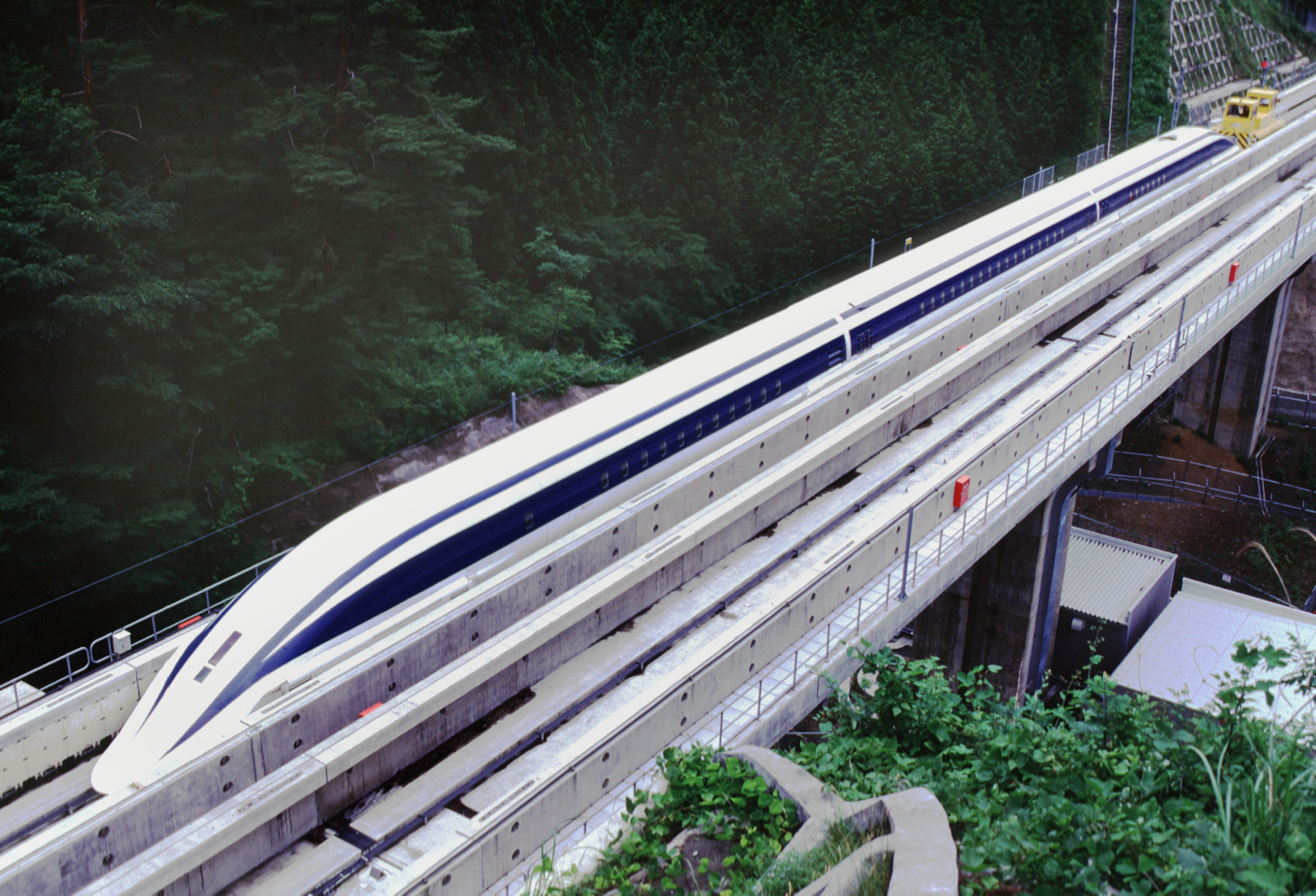Tesla's Self-Driving Troubles: A Warning Sign for the Entire Autonomous Vehicle Industry

Recent headlines surrounding Tesla's self-driving technology – specifically, a multi-million dollar judgment – might seem like isolated incidents. Investors, it appears, have largely shrugged them off. However, dismissing these concerns as merely Tesla-specific is a dangerous oversight. These controversies aren't just bad for Tesla; they represent a significant setback for the entire autonomous vehicle (AV) industry, potentially delaying widespread adoption and eroding public trust.
The core issue isn't simply about Tesla's technology, but about the rapid pace of deployment of Level 2 and Level 3 autonomy features, often marketed with misleading language that leads drivers to overestimate their capabilities. While Tesla has undeniably pushed the boundaries of what's possible, the recent legal battles and numerous reported incidents highlight a crucial truth: current technology isn't ready for unsupervised operation. The human element remains critical, and drivers need to be fully engaged and prepared to take over at any moment.
The judgment itself underscores the potential for severe consequences when autonomous systems fail. It’s a stark reminder that these systems are not infallible and that negligence in their development and deployment can have devastating real-world effects. What’s particularly concerning is the impact on public perception. Every negative incident, every lawsuit, chips away at the confidence consumers have in AV technology, making them less likely to embrace it.
Beyond Tesla, the broader industry needs to take a hard look at its approach. The current race to market is prioritizing speed over safety. Companies are rushing to release increasingly sophisticated features without adequately addressing the inherent limitations. This pressure to innovate quickly often comes at the expense of rigorous testing and validation in diverse real-world conditions. We need more transparency regarding the limitations of these systems and a greater emphasis on driver education and training.
Furthermore, regulatory bodies need to step up and establish clear, enforceable standards for AV technology. Current regulations are often vague and inconsistent, leaving manufacturers with too much leeway to interpret and implement safety protocols. A robust regulatory framework is essential to ensure that AV systems are thoroughly tested and validated before being deployed on public roads. This includes standardized testing procedures, independent audits, and clear guidelines for data collection and analysis.
The long-term success of the autonomous vehicle industry depends on building public trust. This won't happen if companies continue to prioritize profit over safety and if regulators fail to hold them accountable. The recent controversies surrounding Tesla should serve as a wake-up call for the entire industry – a reminder that the pursuit of innovation must be tempered by a commitment to safety and a genuine concern for the well-being of drivers, passengers, and pedestrians. To truly revolutionize transportation, we need a more cautious, transparent, and responsible approach to the development and deployment of autonomous vehicles.
Ignoring these warning signs will not only harm Tesla's reputation but will also jeopardize the future of the entire autonomous vehicle industry, potentially setting back its progress for years to come. The time for caution and rigorous evaluation is now, before more lives are put at risk.





